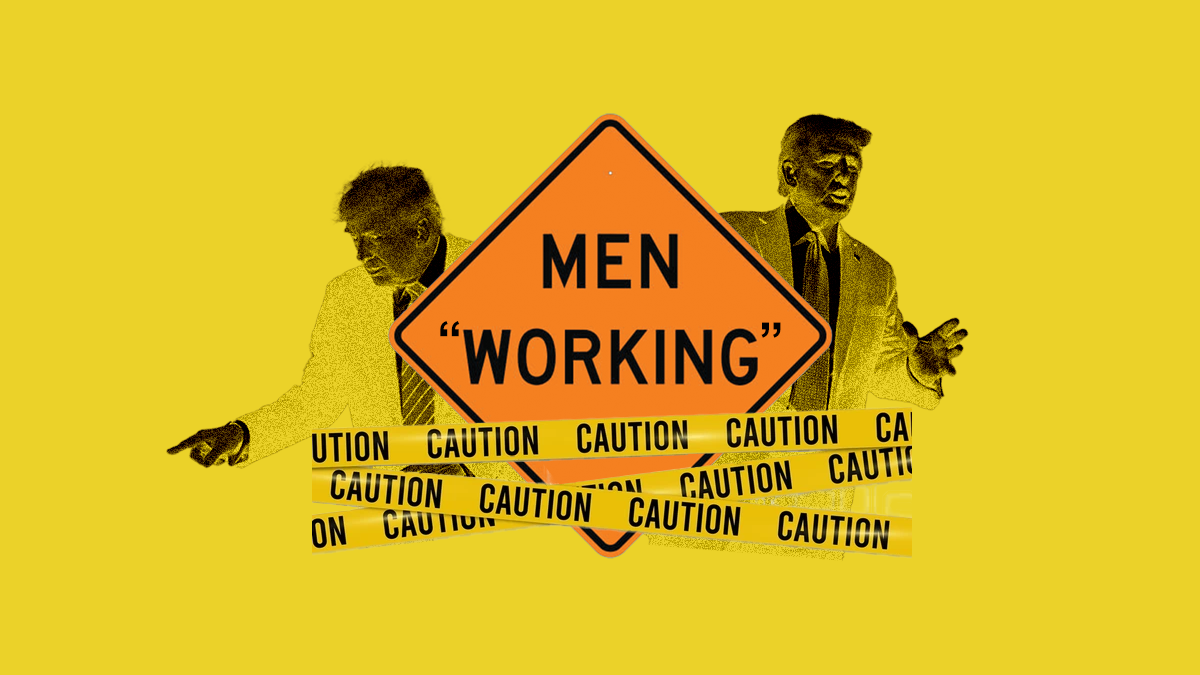All gifts, up to $10,000, matched until June 30!
Release of 2017 Census Data on Income and Poverty Should Be a Wake-Up Call

 Today, the U.S. Census Bureau released its Report on Income and Poverty in the United States: 2017. The report revealed an official poverty rate in 2017 of 12.3 percent (a decrease of 0.4 percentage points from 2016). While the poverty rate has declined, if only slightly, for the third straight year, it is important to not overstate the significance of this fact. The number of people — 39.7 million — who had incomes below the poverty line in 2017 did not represent a statistically significant change from 2016. And being a woman still increases the odds of living in poverty. Nearly one in eight women across the country had incomes below poverty in 2017; and women made up 63 percent of people in poverty over the age of 65. In addition, more than one in six children lived in poverty in 2017, with more than half of these children living in families headed by women. This is a far cry from the victory in the war on poverty that the Administration claimed earlier this year.
Today, the U.S. Census Bureau released its Report on Income and Poverty in the United States: 2017. The report revealed an official poverty rate in 2017 of 12.3 percent (a decrease of 0.4 percentage points from 2016). While the poverty rate has declined, if only slightly, for the third straight year, it is important to not overstate the significance of this fact. The number of people — 39.7 million — who had incomes below the poverty line in 2017 did not represent a statistically significant change from 2016. And being a woman still increases the odds of living in poverty. Nearly one in eight women across the country had incomes below poverty in 2017; and women made up 63 percent of people in poverty over the age of 65. In addition, more than one in six children lived in poverty in 2017, with more than half of these children living in families headed by women. This is a far cry from the victory in the war on poverty that the Administration claimed earlier this year.
Today’s data release also underscores the importance of key programs and benefits that help women and families make ends meet. For example, Social Security, a program that is critical to the economic security of women and families, kept 27 million people out of poverty in 2017. The Census Bureau’s Supplemental Poverty Measure demonstrates that refundable tax credits (like the Earned Income Tax Credit and the refundable Child Tax Credit) lifted the incomes of over 8 million people above the poverty line. And the Supplemental Nutrition Assistance Program (SNAP) and housing subsidies boosted 3.4 and 2.9 million people, respectively, out of poverty.
These data show that recent efforts to cut benefit programs are woefully misguided. Instead of cutting funding for critical benefits that help women and families meet a basic standard of living – or proposing even more tax cuts that overwhelmingly benefit the wealthy and big corporations – Congress and the Administration should be focused on increasing funding for these programs, and centering women and families in the tax code. And we can’t ignore that people need good paying, quality jobs so that women can support their families on their paychecks. So in truth, today’s Census report shows us both how far we have to go – and the direction policymakers should take to ensure economic security for women and families.




